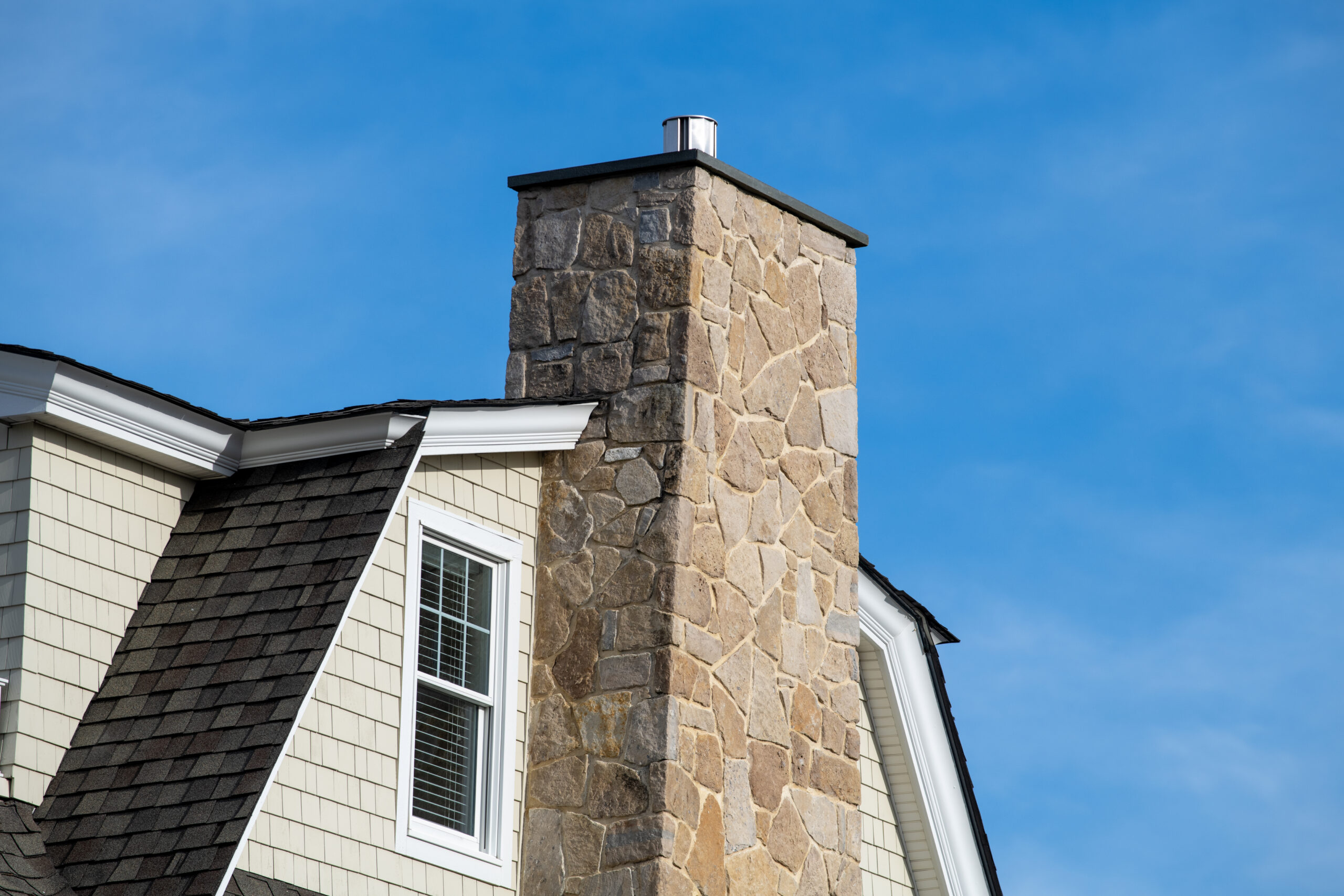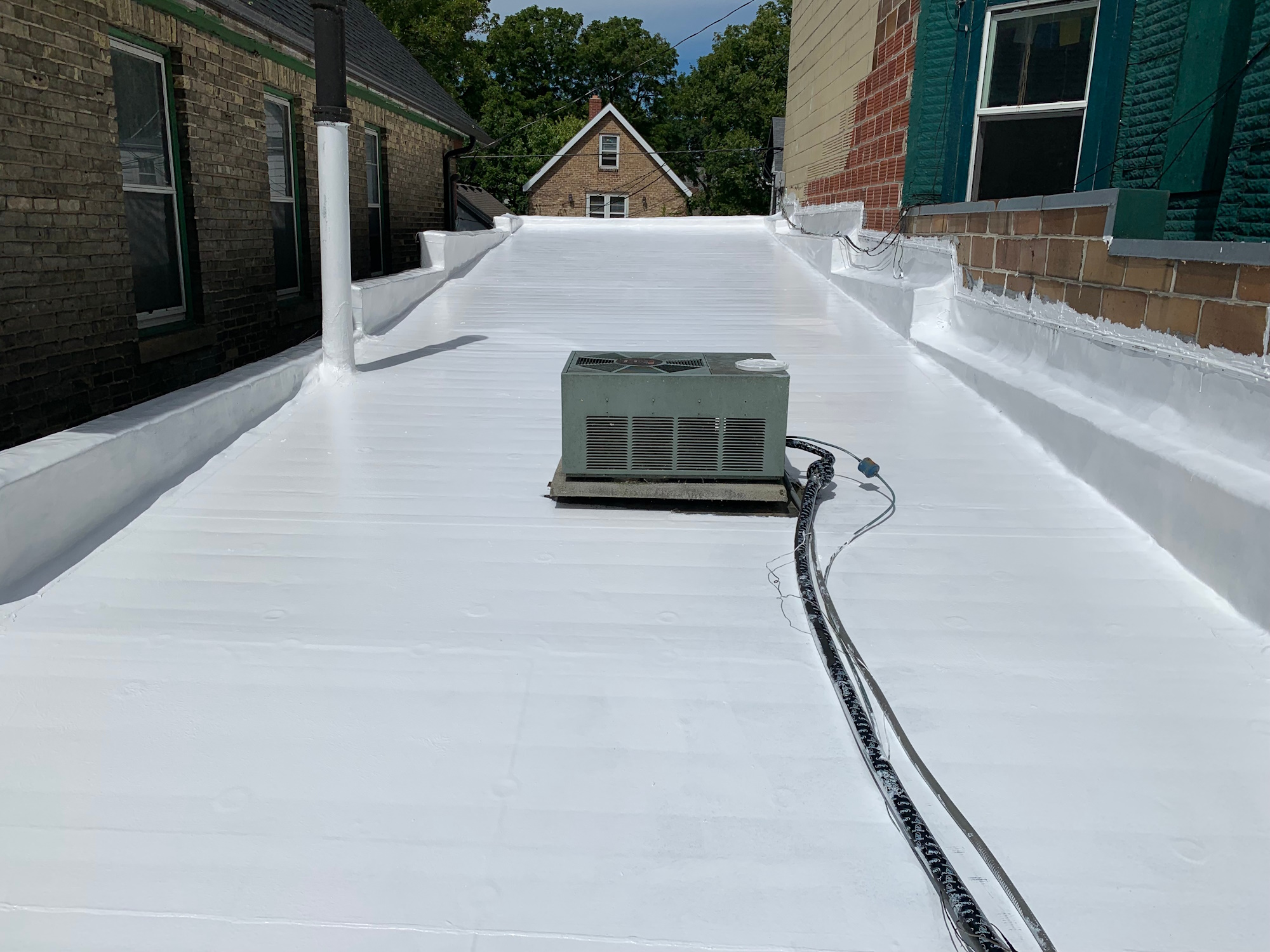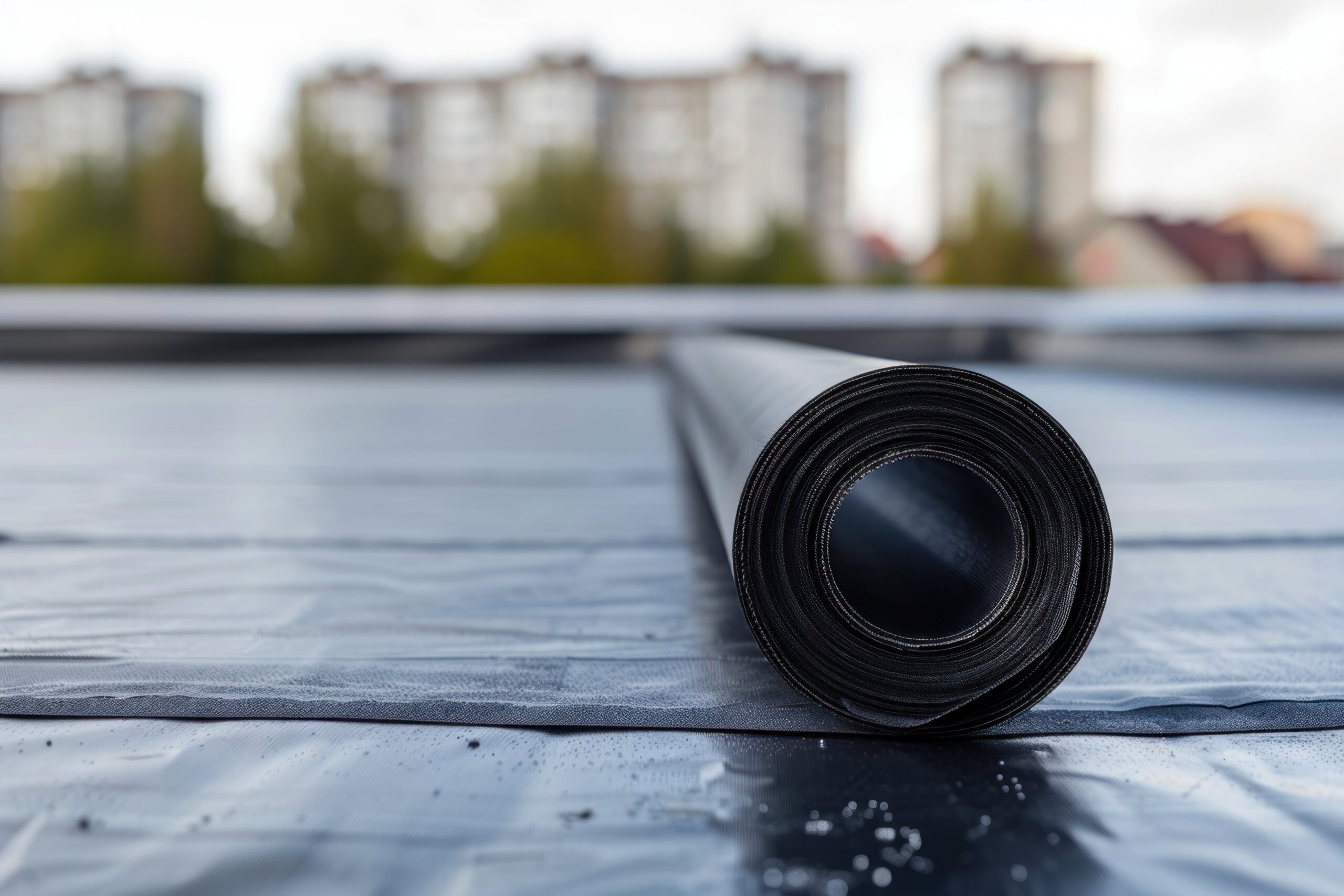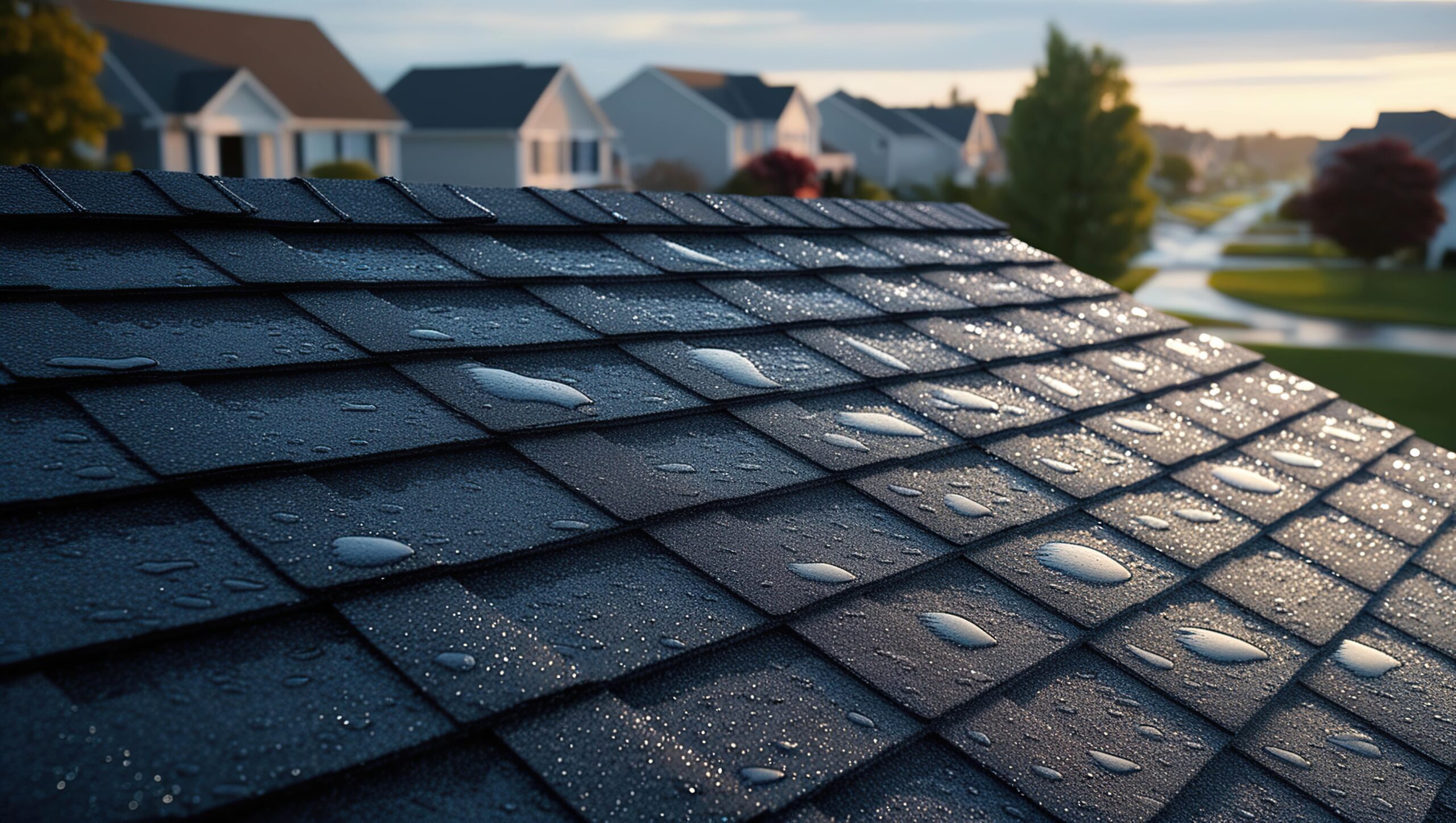6 Common Causes of Chimney Damage and How to Prevent Them

Chimneys add a classic touch to any home, providing warmth and a cozy ambiance. However, they are also exposed to a variety of elements and can suffer from wear and tear over time.
Understanding the common causes of chimney damage and how to prevent them is important knowledge for homeowners to avoid costly repairs and maintain the safety and efficiency of their chimneys.
In this comprehensive guide, we will explore the most common causes of chimney damage and offer practical advice on how to prevent these issues.
1. Water Damage
Water damage is one of the most common and serious issues that affect chimneys. Water can penetrate the bricks and mortar, leading to deterioration, mold growth, and even structural damage. This is often due to poor waterproofing, damaged flashing, or a missing chimney cap.
Water damage prevention
- Install a Chimney Cap: A chimney cap prevents rainwater from entering the chimney. It also keeps out debris and animals, which can cause additional problems.
- Check Flashing Regularly: Make sure that the metal flashing around the base of the chimney is intact and properly sealed. This prevents water from leaking into the gap between the chimney and the roof.
- Seal Cracks and Gaps: Inspect the chimney regularly for cracks in the mortar or bricks. Use a waterproof sealant to seal any gaps and prevent water penetration.
2. Weather Damage
Severe weather events such as storms, heavy snowfall, and high winds can cause significant damage to chimneys. These natural events can lead to cracked bricks, damaged mortar, and even structural failure, especially if the chimney is already weakened.
Weather damage prevention
- Reinforce the Chimney: Make sure your chimney is built to withstand local weather conditions. Reinforce it with high-quality materials and consider adding a sturdy, weather-resistant cover.
- Regular Inspections: After major storms or extreme weather events, inspect the chimney to identify any damage early on. If looking at the roof from the ground, we recommend using a pair of binoculars to take a close look at the chimney.
- Proper Maintenance: Maintain the chimney regularly to make sure it remains strong and resilient against severe weather. For this, we recommend employing the help of a local repair specialist.
3. Poor Chimney Construction
Faulty chimney construction can lead to various issues, including poor ventilation, structural weakness, and increased vulnerability to damage. Common construction flaws include improper materials, inadequate support, and incorrect dimensions.
Poor chimney construction prevention
- Hire Reputable Contractors: Always hire a professional and reputable contractor for any chimney construction or repair work. Ensure they use high-quality materials and follow local building codes. Use our guide to learn what to look for when choosing a roof and chimney contractor.
- Conduct Regular Inspections: Regularly inspect your chimney to catch and address any construction defects early on. Remember to use our binocular tip if inspecting the ground!
- Ensure Proper Ventilation: Make sure the chimney is designed for adequate ventilation to prevent the buildup of harmful gasses and creosote.
4. Creosote Buildup
Creosote is a byproduct of burning wood that can accumulate inside the chimney. This buildup is highly flammable and can lead to chimney fires, causing extensive damage.
Creosote buildup prevention
- Annual Cleaning: Have your chimney cleaned and inspected annually by a professional chimney sweep. This will remove any creosote buildup and identify potential issues.
- Burn Seasoned Wood: Use only seasoned wood for burning, as it produces less creosote than unseasoned or green wood.
- Install a Chimney Liner: A chimney liner can protect the chimney walls and reduce creosote formation, enhancing the safety and efficiency of your chimney.
5. Animal Infestation
Animals such as birds, squirrels, and raccoons can enter chimneys and cause blockages, damage, and potential fire hazards. They can also build nests that obstruct airflow, leading to dangerous buildup of gasses
Animal infestation prevention
- Install a Chimney Cap: A chimney cap with a mesh screen can keep animals out while allowing smoke to escape. Ensure the cap is securely fastened and in good condition.
- Regular Checks: Regularly check the chimney for signs of animal activity, such as nests or droppings. Remove any debris and nests promptly.
- Seal Gaps: Seal any openings or gaps around the chimney to prevent animals from entering.
6. Freeze-Thaw Cycle
In regions with cold climates, the freeze-thaw cycle can cause significant damage to chimneys. Water enters cracks in the masonry, freezes, and expands, leading to further cracking and deterioration.
Freeze-thaw cycle prevention
- Waterproofing: Make sure the chimney is properly waterproofed to prevent water from penetrating the masonry. Use a high-quality waterproof sealant designed for chimneys.
- Repair Cracks Promptly: Repair any cracks or damage immediately before they worsen due to freezing and thawing.
- Regular Inspections: Conduct regular inspections, especially before and after winter, to identify and address any damage caused by the freeze-thaw cycle.
Don’t Let Chimney Damage Compromise Your Home
Chimney maintenance is important in preventing damage and ensuring the safety and efficiency of your home heating system. By understanding the common causes of chimney damage and taking proactive measures to prevent them, you can save time, money, and hassle in the long run. Regular inspections and timely repairs are key to keeping your chimney in top condition.
Repair Specialist Inc. provides specialized roof and leak repair services to the Milwaukee, Wisconsin area. With over 20 years of experience, we are equipped to effectively deal with all kinds of leaky roofs, whether they be caused by old shingles, damaged chimneys, or clogged gutters.
To learn more about our services and expertise, visit our services page. To get in touch with us about your roof leak concerns, please call 414-322-8745 or fill out this Contact Us form.
continue reading
Related Posts
Lava 20 offers many advantages for homeowners seeking to further protect their homes.
Rubber roofs are a type of single-ply roofing membrane made from synthetic rubber.
Choosing the right roof shingles for your home is an important decision for homeowners.



